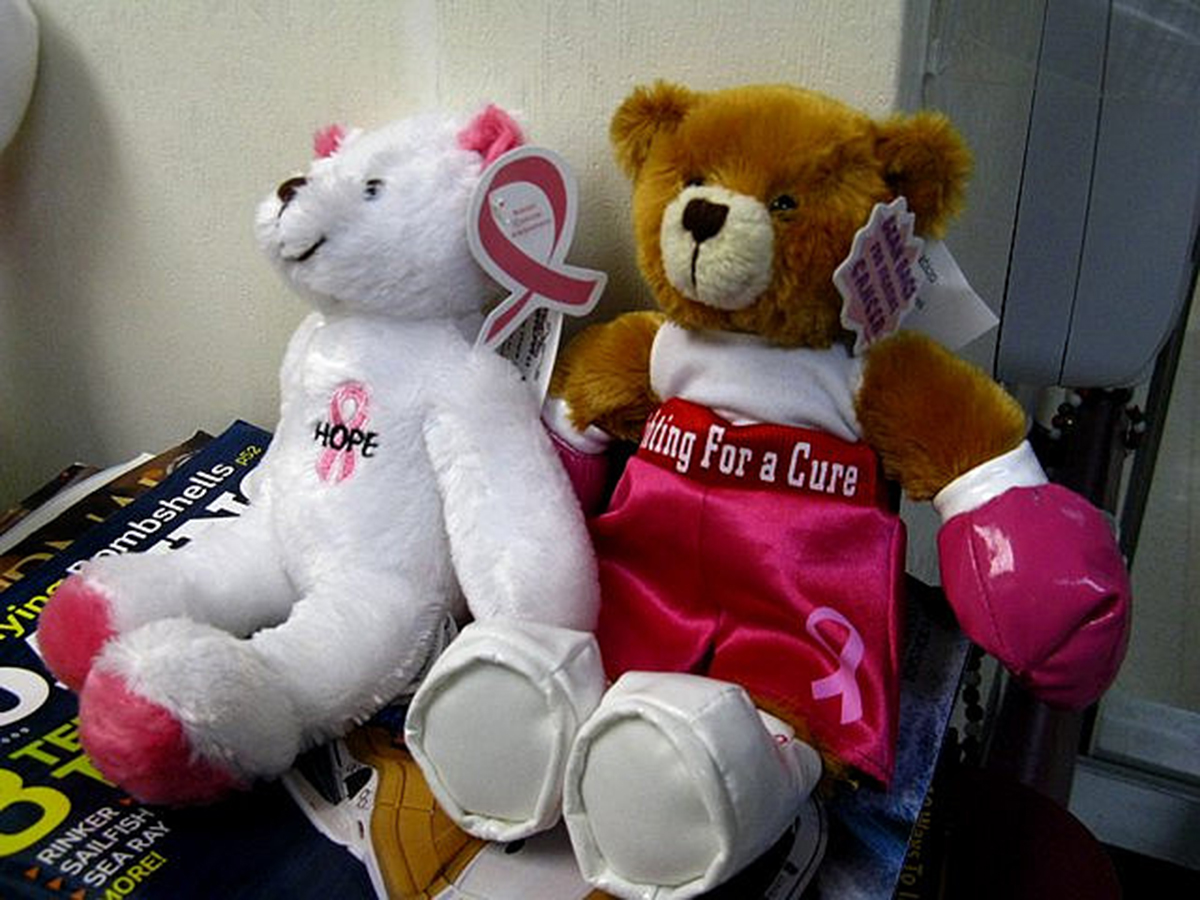Table of Contents
Modern science has begun to accumulate small victories in the war on cancer. Many drugs identified in the popular press as "breakthroughs" or "revolutionary," unfortunately aren't.
As this article is being written, it is now 15 years since Dr. Hogg made his first announcement about the application of his research to cancer treatment. The drug is still not on the market. It has not gone through Phase II or Phase III testing that would be required for general use in cancer treatment. It is still on the drawing board. However, various reporters who don't understand science, or how very long it takes, continue to announce the cure is here.

However, the Australian press is probably more responsible about announcements of cancer cures than the American press.
In 2015, Dr. Vinay Prasad, MD, MPH, a medical oncologist at the Knight Cancer Center, Oregon Health and Science University, in Portland, and Matthew V. Abola, BA, a medical student at Case Western Reserve University in Cleveland, conducted a simple research study of medical superlatives used to describe cancer drugs by entering search terms in Google. They undertook their study because they were concerned about "misunderstandings" of cancer research that can lead to false hope and, even worse, abandoning treatments that have a chance to work.
Dr. Prasad and Mr. Abola searched googlenews.com for five days, looking for stories about new cancer drugs. They then analyzed the stories for the use of superlatives to describe the new treatments. Googlenews.com provides a diverse sampling of stories in 94 articles from doctors, researchers, cancer patients, pharmaceutical companies, publicists, and the major news services. The pair looked for superlatives such as "breakthrough" and "game changer." They published their study in an October 2015 edition of the medical journal JAMA Oncology.
What did the researchers find?
- The most-mentioned drug was actually a combination of two drugs recently approved for the treatment of advanced melanoma, ipilimumab (Yervoy, made by Bristol-Myers Squibb) and nivolumab (Opdivo, also made by Bristol-Myers Squibb). Over a five-day period, news articles referred to the combination as groundbreaking once, as revolutionary two times, as a game changer five times, as a miracle five times, and as a breakthrough seven times.
- The second most-mentioned drug was a newly approved treatment for melanoma and lung cancer called pembrolizumab (Keytruda, made by Merck). It was described as a "breakthrough" and a "cure," as if all one had to do to overcome lung cancer or melanoma was to receive the drug.
- The third most-mentioned drug was a newly approved treatment for breast cancer called palbociclib (Ibrance, made by Pfizer). It was described with superlatives seven times.
A casual consumer of the news might be forgiven for concluding several kinds of cancer can now be cured with new medications (if one has the $100,000 a year or really good insurance to obtain them). The truth is, however, none of these drugs is a "cure" for cancer. All of them have serious side effects. The glowing reports of palbociclib, the medication for breast cancer, for example, leave out a few details:
- 57 percent of women taking the drug develop neutropenia (low white blood cell counts).
- 55 percent of women taking the drug develop serious infections.
- 5 percent of women taking the drug suffer pulmonary embolism.
- 87 percent of women taking the drug suffer depletion of hemoglobin.
However, the drug does give its users on average a 10-month period of remission before the cancer comes back. It usually extends life, less than a year. It is not a cure. If you are looking at imminent death, 10 months is a very long time. Having the cancer come back in less than year, unfortunately, is hardly a cure, and the cost of the drug is in itself devastating.
News reports that describe cancer drugs as cures (or herbal medicines as cancer cures) are at best written by ignorant reporters. People can and do go into remission from cancer, but it's never because their doctors killed cancer with a silver bullet.
- Abola MV, Prasad V. The Use of Superlatives in Cancer Research. JAMA Oncology (letter), 29 October 2015. Dilda PJ, Ramsay EE, Corti A, Pompella A, Hogg PJ. Metabolism of the tumor angiogenesis inhibitor 4-(N-(S-Glutathionylacetyl)amino)phenylarsonous acid. J Biol Chem. 2008 Dec 19
- 283(51):35428-34. doi: 10.1074/jbc.M804470200. Epub 2008 Aug 23. PMID: 18723877.
- Photo courtesy of crobj: www.flickr.com/photos/crobj/4223641254/
- Photo courtesy of quinnanya: www.flickr.com/photos/quinnanya/6474872391


Your thoughts on this